
How to get more involved with a journal and develop your career
Whether you're a budding researcher or an established scholar, this session is tailored to provide valuable insights into leveraging your involvement with academic journals to advance your career. Join our distinguished panel of experts as they share practical tips on building strong relationships with journal editors, understanding the peer review process, and navigating the intricacies of academic publishing. Learn how to enhance your visibility within your research community, explore opportunities for collaboration, and establish yourself as a thought leader in your field. Discover the myriad ways to contribute beyond traditional authorship – from serving as a peer reviewer and editorial board member to exploring guest editorship roles. Understand how active participation in the scholarly publishing process can not only enrich your professional network but also open doors to new career opportunities. Whether you're aiming for academic tenure, seeking collaborative projects, or simply looking to broaden your impact, this webinar will equip you with the knowledge and strategies to propel your career forward.
Hosted by Sage's Janet Salmons and Sean Scarisbrick and featuring a Q&A session with prestigious guest speakers, the webinar will provide essential guidance for anyone hoping to get published in an academic journal.
Register now for this free event!
Sage Research Community posts about academic writing and publishing
Publishing your research Open Access (OA) ensures that it reaches the widest possible audience — freely and immediately. This guide walks you through what OA means, its key benefits, and how Sage’s flexible publishing options help researchers share their work responsibly, increase visibility, and meet funder or institutional requirements.
Publishing is just the start. Promote your article the year it’s released to boost visibility, citations, media coverage, and career impact. From CV updates to conference invites, early promotion ensures your work stays relevant and reaches the right audience.
These seven lessons will help you transform your dissertation into a published research article.
Epigeum team has launched the US edition of Research with Impact: Creating Meaning and Value - find out how the program can help your institution promote a culture of broader impact and train your researchers to embed it throughout their research journey.
The recently published, Sage’s Independence with Impact Report 2024 reaffirms its commitment to research integrity. As concerns around fraudulent research and AI misuse grow, Sage has strengthened its safeguards to maintain the credibility of academic publishing.
Explore new free webinar series with subject specific guidance on writing manuscripts, getting published and peer reviewing.
Dissemination of research findings is a key part of every researcher’s journey, and this insightful webinar will empower you to make informed decisions to maximize the impact of your scholarly work.
by Maria Lahman, Ph.D. and Tyler Kincaid Ph.D., panelists for the How to Do Research and Get Published webinar, “How to write a paper: Qualitative methodology” share their insights.
Conduct a reference search and format your reference section was offered as part of the How to Do Research and Get Published webinar series. Watch the recording and find lots of useful resources in this post.
Find a collection of resources about writing and publishing articles and more!
Learn about research design, doctoral writing, and academic publishing with these posts and recordings from Dr. Linda Bloomberg and Dr. Merle Werbeloff.
Think about your own big picture, and how to paint it. There are many options for sharing ideas and disseminating findings. What will work for you, based on the nature of your research, your findings, and your career goals?
Look candidly at your unfinished project. Is it a stepping stone, and completion will be allow you to move ahead? Or is it an obstacle that prevents you from moving forward? Find ideas to help you determine whether to revive that piece of writing or let it go.
Have a writing project that is languishing? Find practical tips for keeping it alive!
Methods Film Fest!
We can read what they write, but what do researchers say? What are they thinking about, what are they exploring, what insights do they share about methodologies, methods, and approaches? In 2023 Methodspace produced 32 videos, and you can find them all in this post!
2024 on Sage Methodspace = 12 months of Research Resources and 12 interactive webinars! Learn about the year ahead and register now to join the webinar series.
Many questions were posed by attendees of the Sage webinar, Create a Research Agenda and Personal Academic Brand, with panelists Dr. Mark Carrigan and Dr. Jessica Sowa. Attendees posed many questions. This post is the first in a series - find responses to your questions and links to related resources.
How can we use animation in research communication? See this collection of open access articles.
Find tips to help you share your research and numerical findings.
In this post Dr. Mazak discusses how to manage the writing process for a large project such as a dissertation, thesis, or book and offers resources to help new or experienced writers.
Watch the recording from the lively, informative, How to Create a Research Agenda and Personal Academic Brand webinar.
Caroline Lenette offered a keynote address at the International Creative Research Methods conference, September 2023. See the address and learn about the 2024 conference here.
Academic writing is not always writing! Pictures and media enliven our writing, and can be important for showing concepts and contexts.
How and why should you argue in academic writing? Learn more from Dr. Alastair Bonnett, author of How to Argue.
This post includes tips about writing qualitative proposals excerpted from Research Design by Creswell and Creswell.
Peer review is a social process involving the interactions of authors, reviewers and editors, each of whom make a different contribution to the production of knowledge. Learn more in this guest post from Dr. Dermot Breslin.
Safary Wa-Mbaleka, Arceli Rosario, and Anna Cohen Miller discussed opportunities and challenges for global researchers and academic writers in this roundtable discussion.
Don’t get caught by predatory publishers!
Celebrate Academic Writing Month 2023 by getting organized! Find open-access resources to help you avoid being distracted by details and lost files.





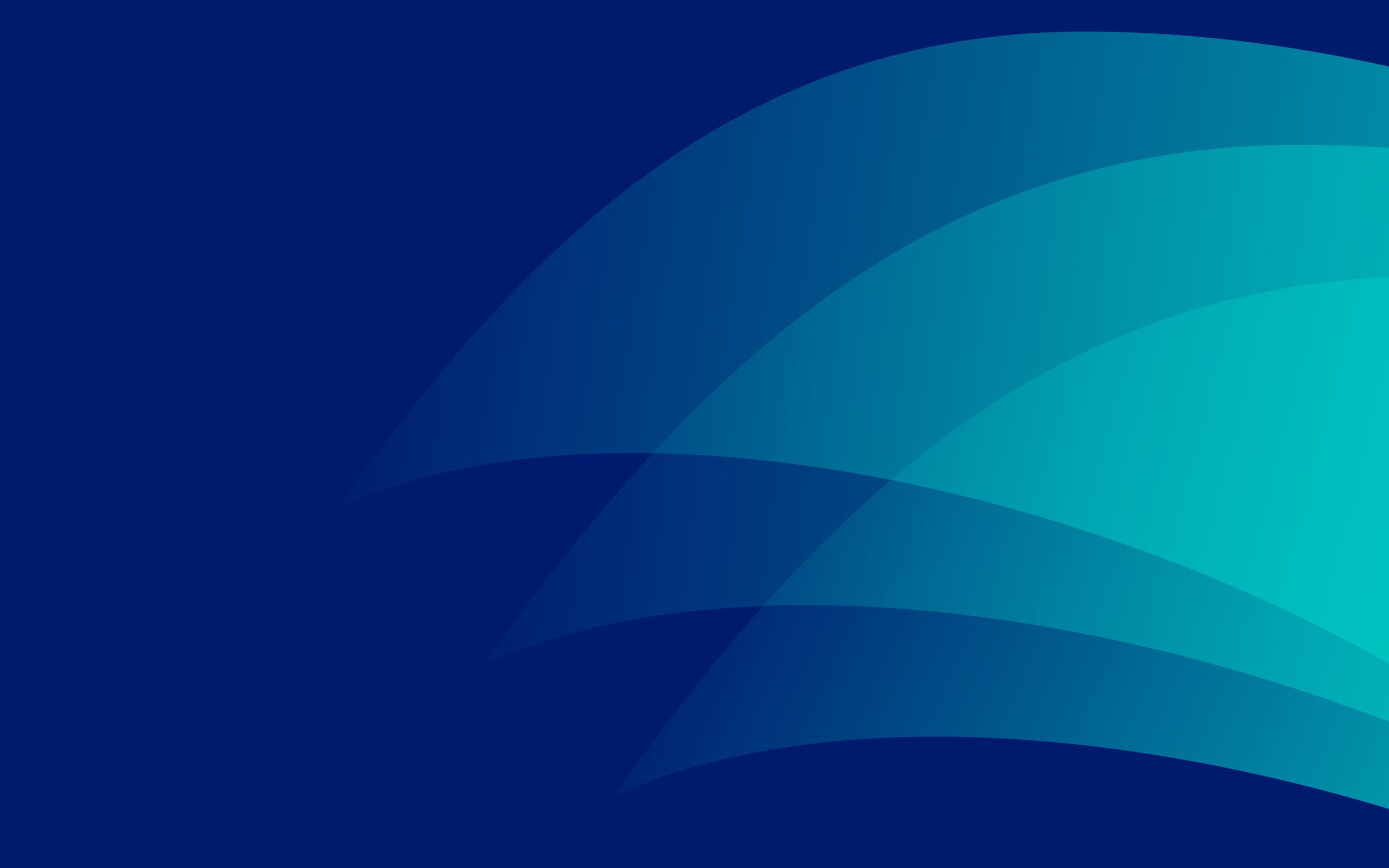





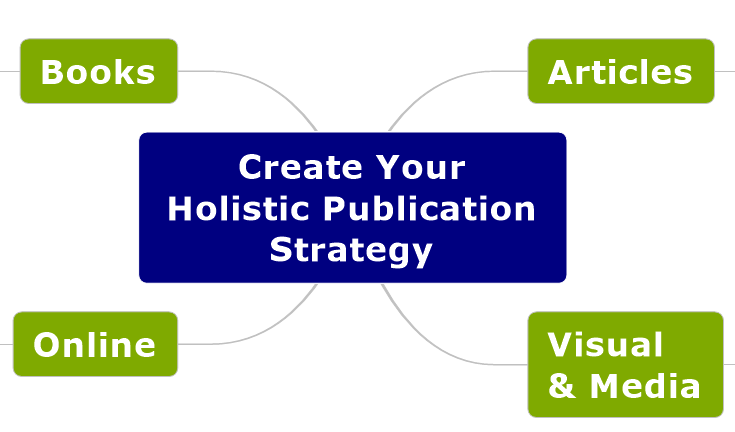
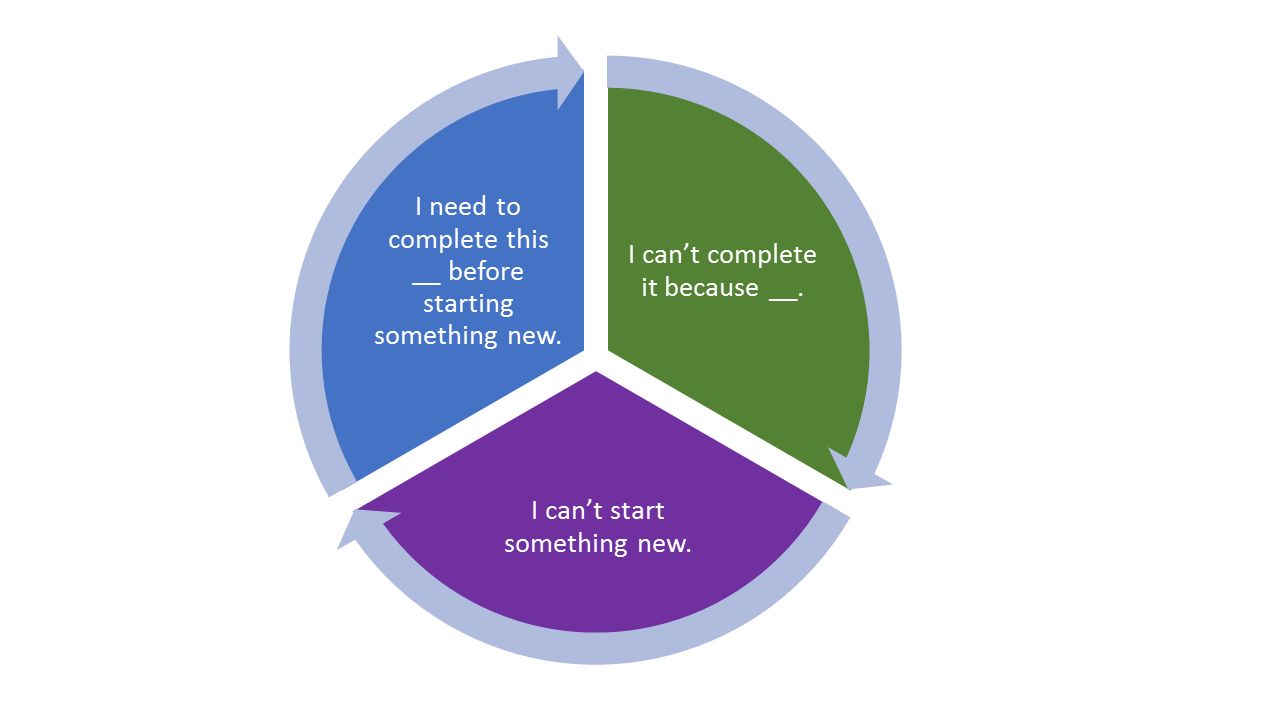

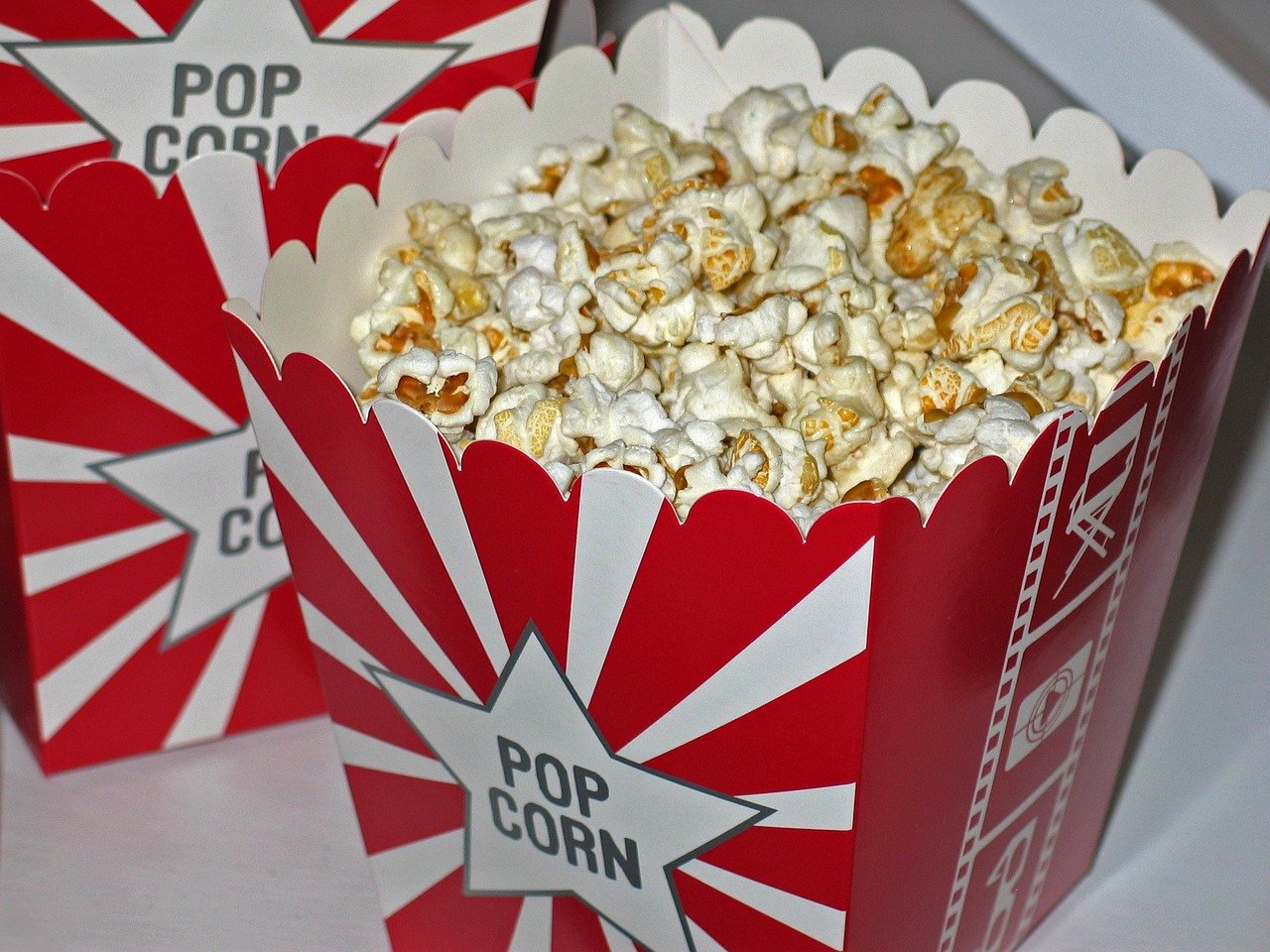



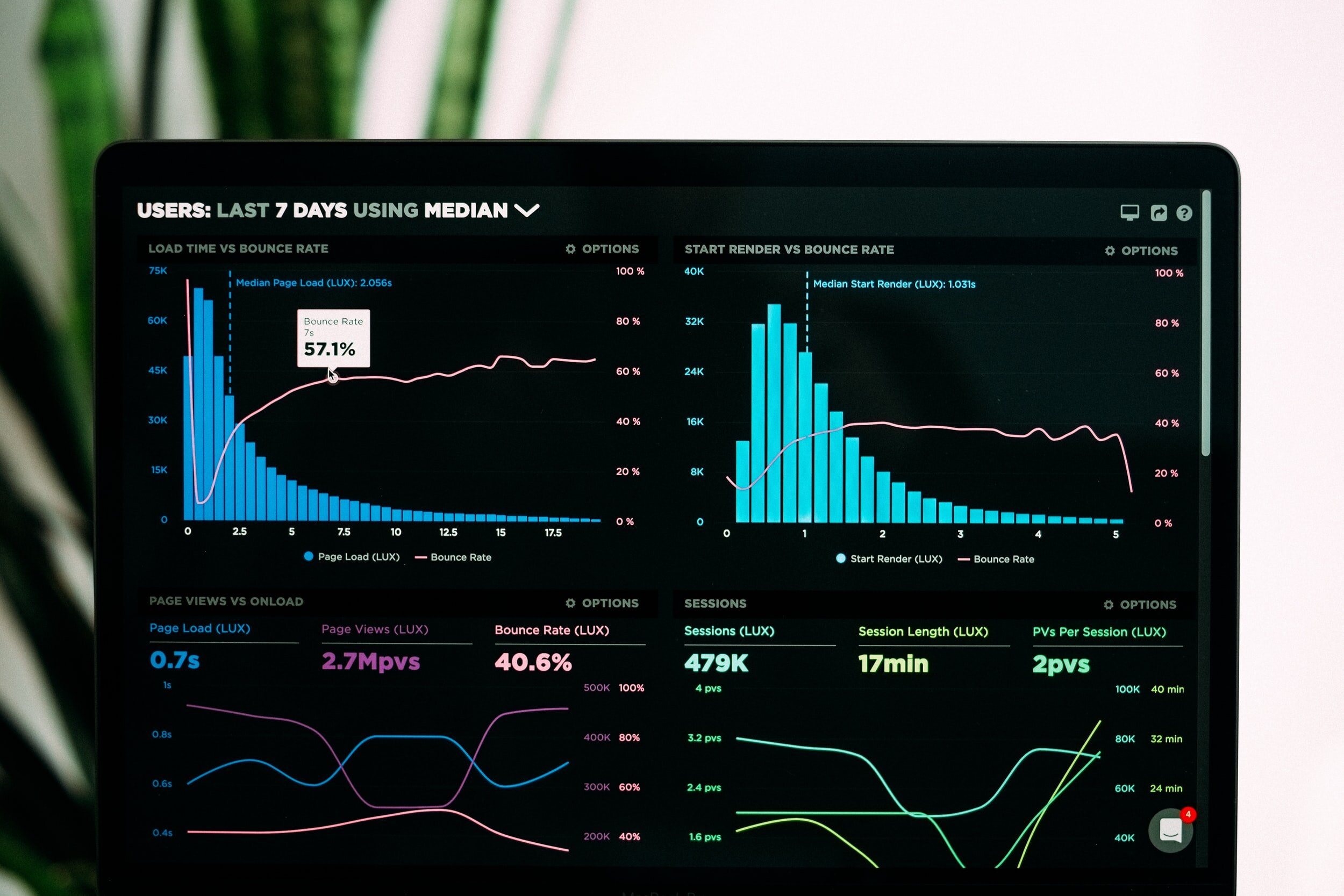








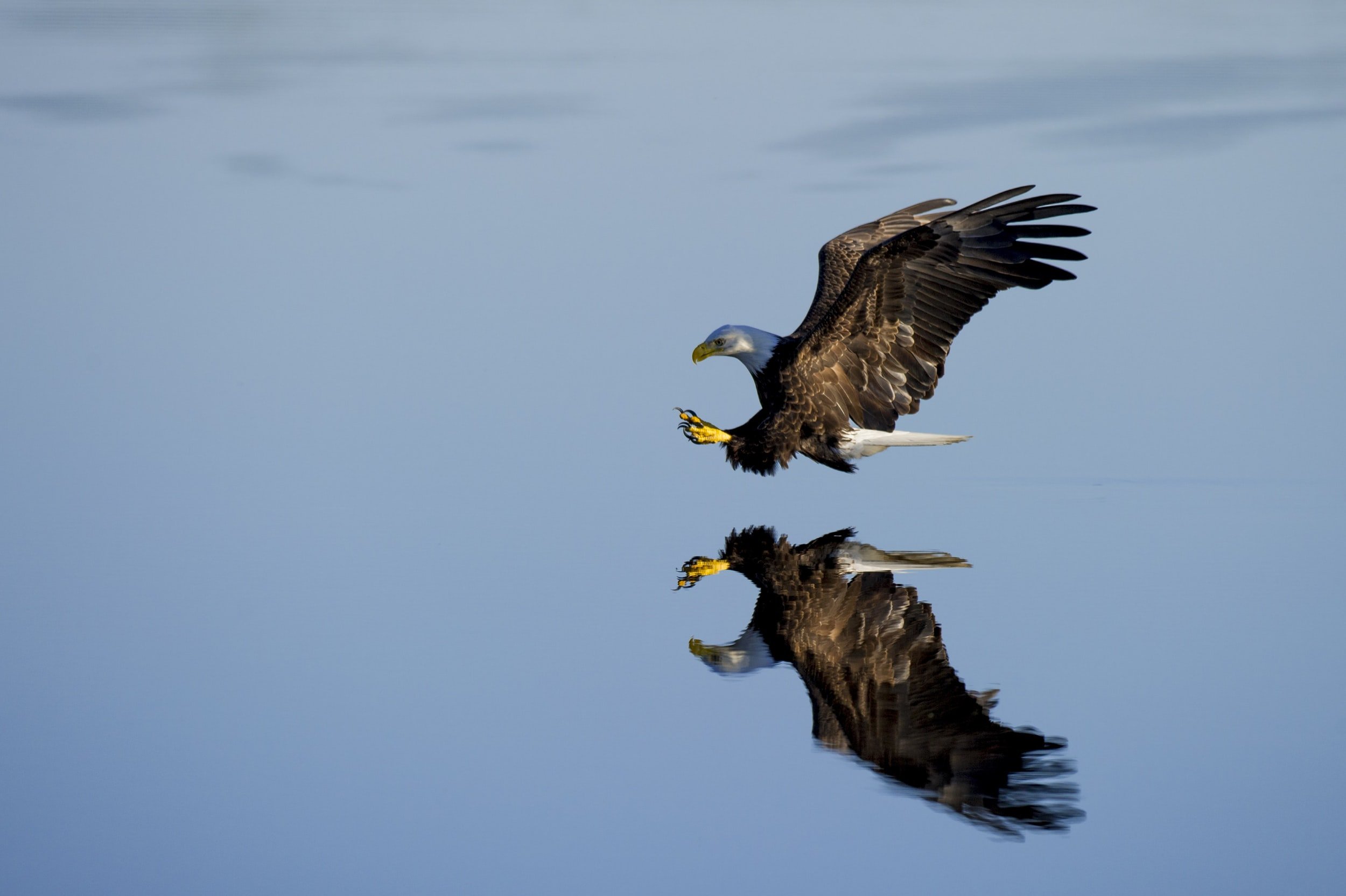

Looking back at 2023, find all posts here!
We explored stages of a research project, from concept to publication. In each quarter we focused on one part of the process. In this recap for the year you will find original guest posts, interviews, curated collections of open-access resources, recordings from webinars or roundtable discussions, and instructional resources.